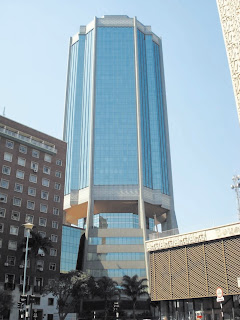The Case for Lower VAT in South Africa: Growing the Economy through Tax Relief
In the ongoing debate about South Africa’s tax policy, particularly the ANC’s insistence on increasing value added tax (VAT), many people ask the following question: if tax rates are reduced, what will cover the gap in government revenue? This concern is valid but overlooks a crucial economic principle—lower tax rates can lead to increased revenues by stimulating economic growth and expanding the tax base. The Economic Impact of VAT Reduction Reducing the VAT from, for example , 15% to 12% increases disposable income for consumers, making goods and services more affordable. This increased purchasing power fuels consumer spending, which in turn drives demand for goods and services. When businesses experience higher demand, they expand, hire more workers, and invest in growth. More jobs mean higher overall income levels, which contribute to government revenue through personal income taxes and corporate taxes . For businesses, a lower VAT rate reduces operational costs, maki...




